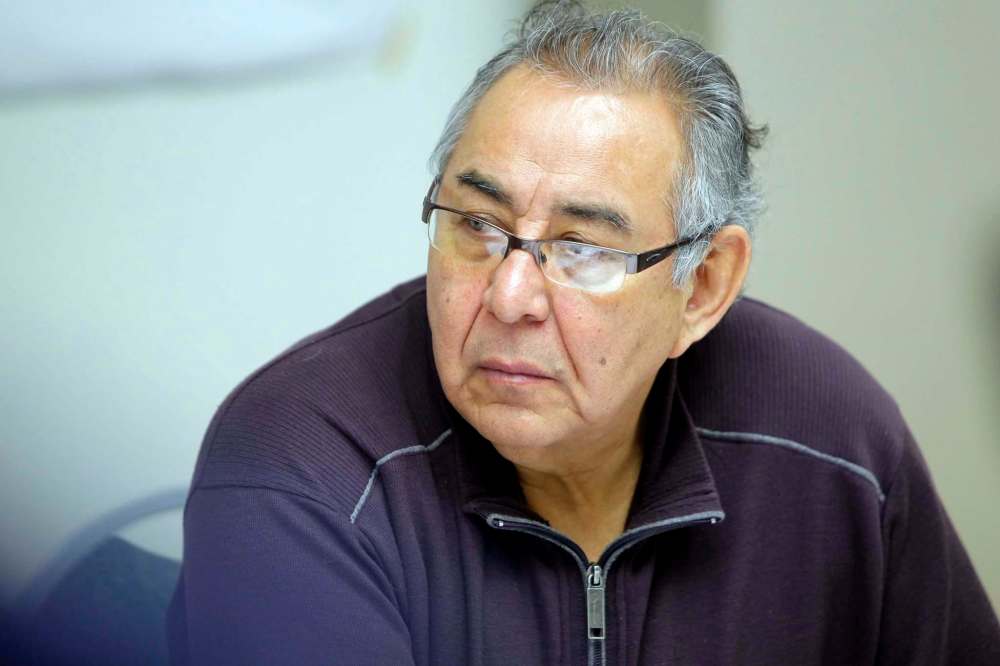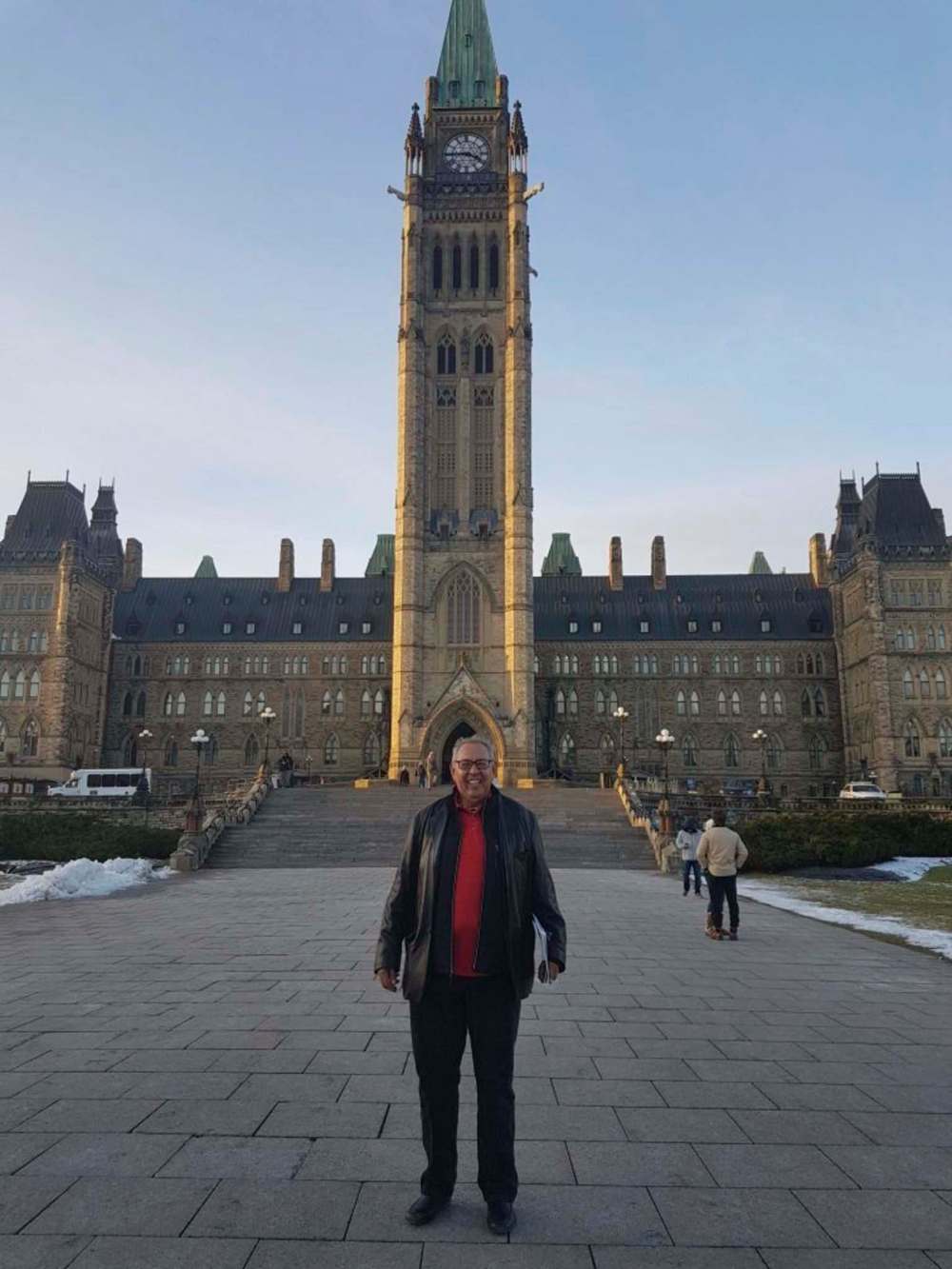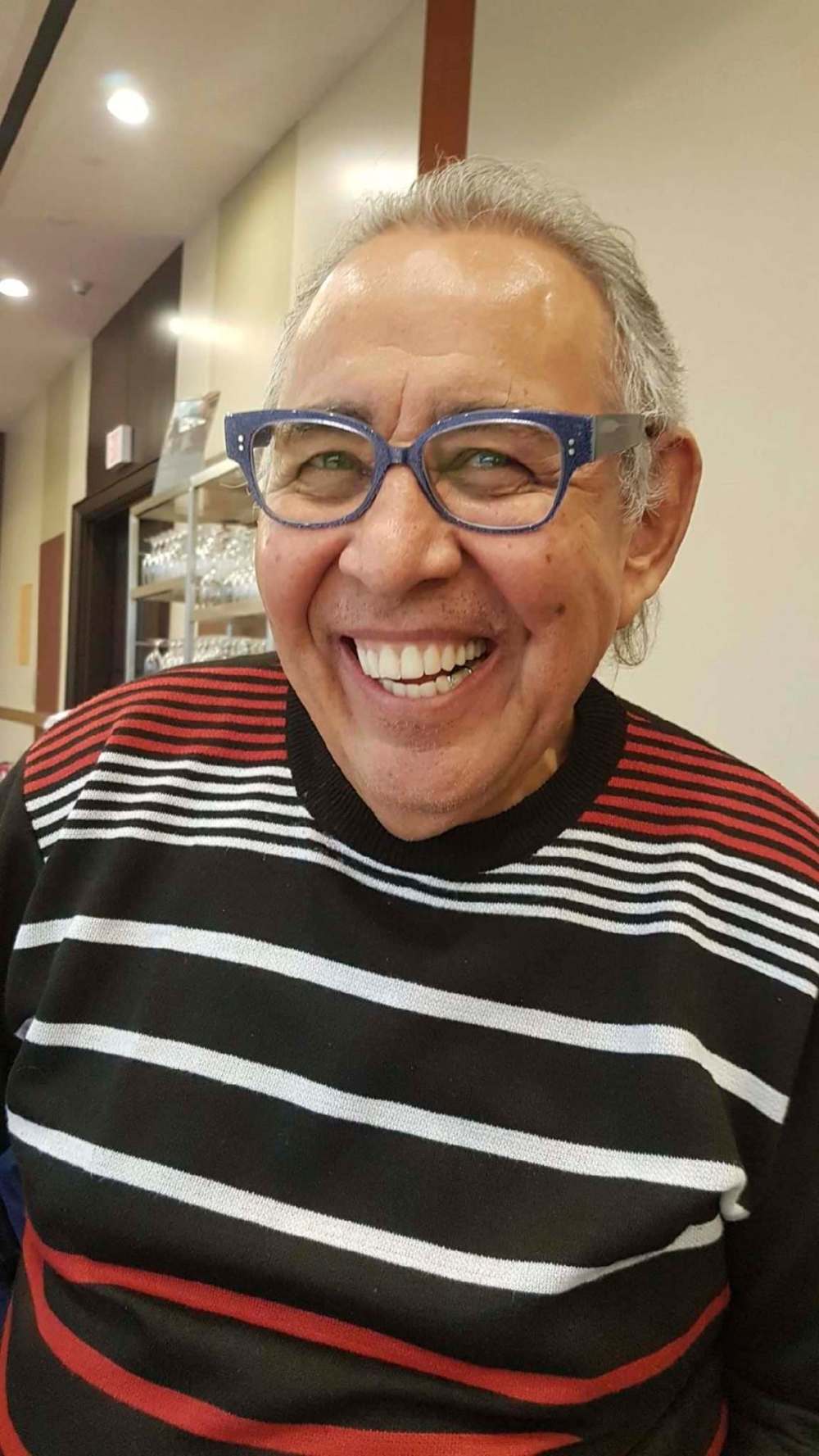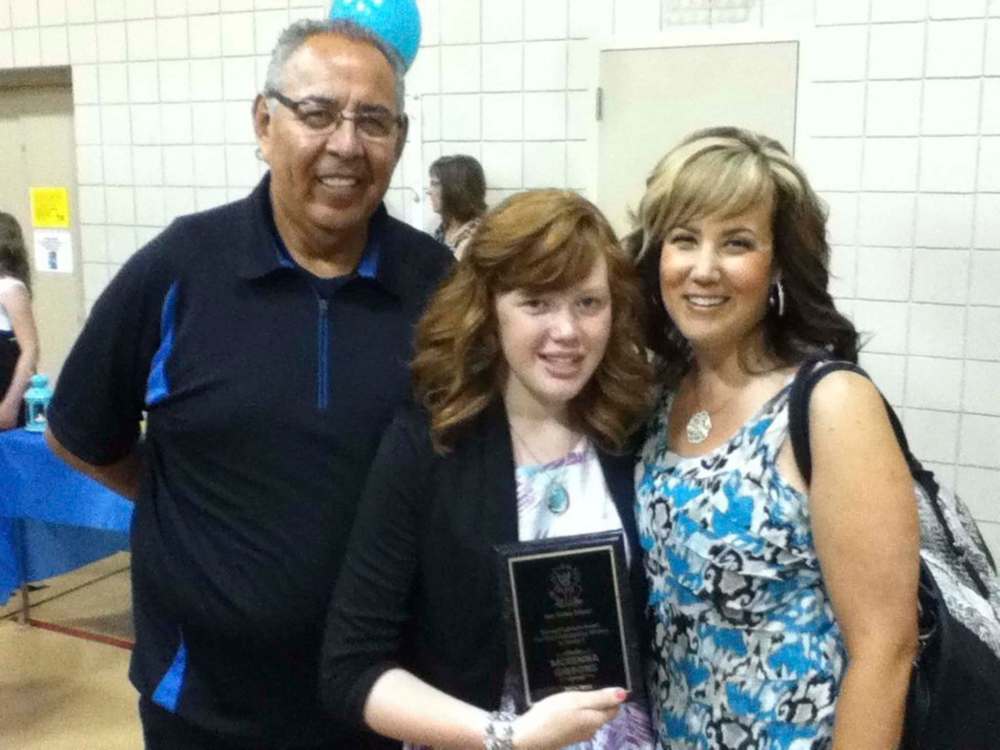Ambassador for reconciliation
Indigenous adviser a passionate advocate who influenced political leaders
Advertisement
Read this article for free:
or
Already have an account? Log in here »
To continue reading, please subscribe:
Monthly Digital Subscription
$1 per week for 24 weeks*
- Enjoy unlimited reading on winnipegfreepress.com
- Read the E-Edition, our digital replica newspaper
- Access News Break, our award-winning app
- Play interactive puzzles
*Billed as $4 plus GST every four weeks. Offer only available to new and qualified returning subscribers. Cancel any time.
Read unlimited articles for free today:
or
Already have an account? Log in here »
Hey there, time traveller!
This article was published 09/03/2019 (2187 days ago), so information in it may no longer be current.
A familiar face in Canadian Indigenous politics, Garry McLean had a habit of snapping photos just about everywhere he went.
When he died Feb. 19, days after a shocking cancer diagnosis, it was left to his daughter, Kristin, to go through his smartphone. He was 67.
There were photos of her dad with the likes of Manitoba Premier Brian Pallister (McLean was just short of matching the premier’s towering height) and Prime Minister Justin Trudeau.

There were photos of McLean with about every Indigenous political leader in the country, and a host of federal and provincial politicians, along with friends and family.
“I tried to include everyone,” Kristin said of the celebration of life slide show she created for a gathering a few weeks after his death. “There were 2,000 photos, and that was just in the last two years.”
At least 400 people attended. Indigenous, non-Indigenous, former and current political leaders of all stripes, traditional and Christian, working class and affluent sat for two hours through a chronicle of McLean’s life and times. Indigenous rock band Eagle & Hawk gave a live performance.
Adviser to chiefs and political leaders alike for decades, McLean was the epitome of an insider, always on the road and a one-man ambassador for reconciliation long before there was a word for it.
When condolences poured in — ahead of a formal announcement of his death — commentators framed their sorrow around his smile.
“The first thing I noticed about Garry was his huge, welcoming smile. He always spoke passionately from a well of knowledge and experience about issues affecting his people,” said artist and author Gerald Kuehl, who included McLean in an edition of Portraits of the North, a collection of drawings and biographies of Indigenous elders.
“We’re all going to miss him and the optimism he had, and the good spirit he had. He was always, even in difficult situations… ‘Well, we’ll get through it. There’s brighter days ahead,’” said Jerry Daniels, grand chief of the Southern Chiefs’ Organization, which represents the interests of 30-plus First Nations in Manitoba.
McLean spent the first 18 months of Daniel’s current term with the grand chief. Every day, the pair met and planned strategy or hit the road to visit communities. McLean set up weekly Ojibwa language classes for the young leader.

A formal ceremony the day before McLean’s memorial had the SCO and about 30 mayors ink an agreement to work together on economic, political and cultural fronts.
“Garry was definitely a part of that,” Daniels said. “The lasting memory he’s left with me is his belief in people, and that if you can get people together and focus on working in the interests of everybody, that that was possible.”
National chief of the Assembly of First Nations, Perry Bellegarde, knew McLean for some 30 years.
“I remember when he was working on his paper, he was always looking for stories and ads. He used to always help and advise on all my elections, provincial and national. You know, in terms of key people to talk to, proper messaging, who were the influential chiefs… ‘You have to get to this one or that one. Be mindful of this,’” Bellegarde recalled.
For years, McLean was co-publisher of the Indigenous, Winnipeg-based newspaper Weetamah.
Beneath his public persona, McLean was a private person. His passionate pursuit for the recognition of treaty and Indigenous rights was grounded in life experiences. Public life merged with painful private memories of the abuse he suffered — sexual, emotional and physical — from his five years in day school.
Pushing for recognition and compensation for day-schoolers would turn out to be his legacy and his last task.

McLean put himself on the public stage as the lead plaintiff in a 2009 class-action lawsuit for $15 billion to compensate the 120,000 day-school survivors who’d been left out of Canada’s residential school settlement.
So it was he found himself standing in front of the centre block on Parliament Hill, posing for a Globe and Mail photographer in early December 2018.
McLean celebrated a joint announcement for a tentative deal, which has yet to be ratified. Others will carry it on now, Bellegarde said.
His life was a victory of sorts: he’d been sober almost 38 years when he went to St. Boniface Hospital with a nagging cough and a sore hip in early January.
He would spend the next six weeks in hospital, the first week in isolation because doctors thought he might have tuberculosis. He died Feb. 19, days after being diagnosed with terminal cancer.
Condolences and statements poured out on Facebook and into the mainstream media from the Assembly of First Nations, Assembly of Manitoba Chiefs and Southern Chiefs’ Organization before family had announced his death.
McLean was born Sept. 22, 1951, on Lake Manitoba First Nation, and held on to his language and used it his entire life. He married a Winnipeg suburbanite, after she landed a job teaching on the reserve, which is 170 kilometres northwest of the city.

Debbie Simpson McLean died 18 years ago, leaving his daughter, Kristin, and grand-daughter, McKenna, to light up his life.
“He never wanted to see anyone suffer… One time, there was this homeless man, taking cigarettes out of the garbage… My dad walked right up to him and said, ‘No, don’t do that.’ He reached into his wallet and gave him a couple of bucks and then just walked away… He said, ‘Kristin, if you ever see someone who needs help, just stop and help them. You might be the only one who does.’
“It’s little things like that make me cry,” his daughter said.
alexandra.paul@freepress.mb.ca

